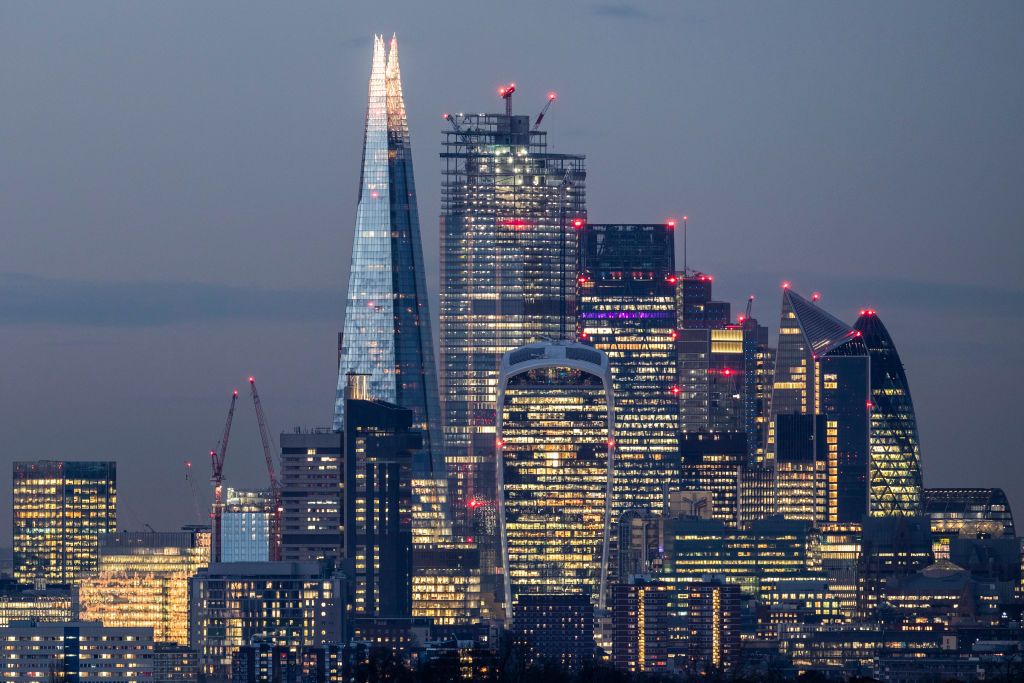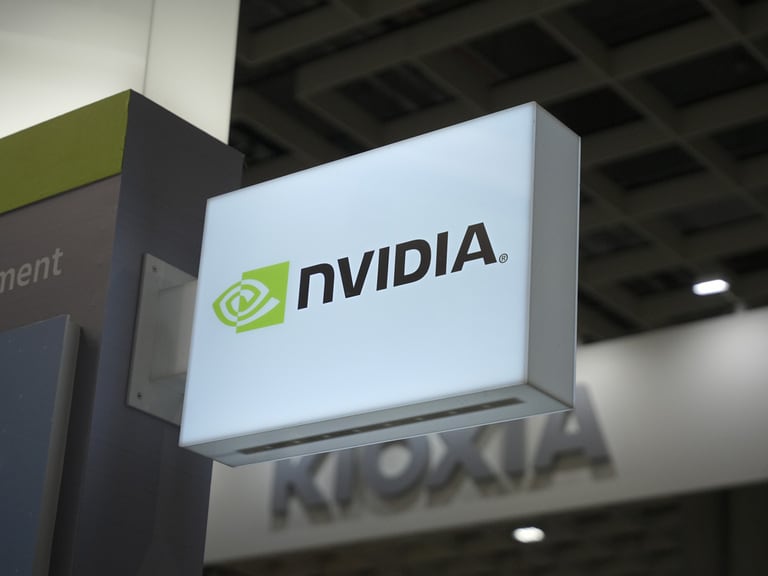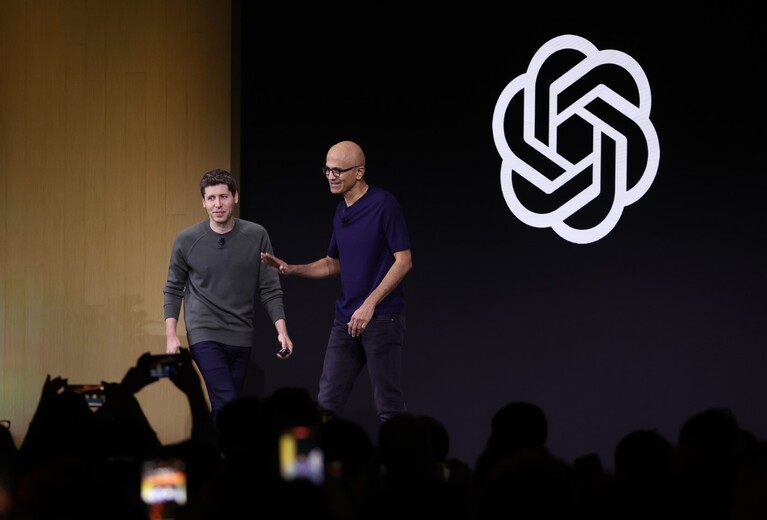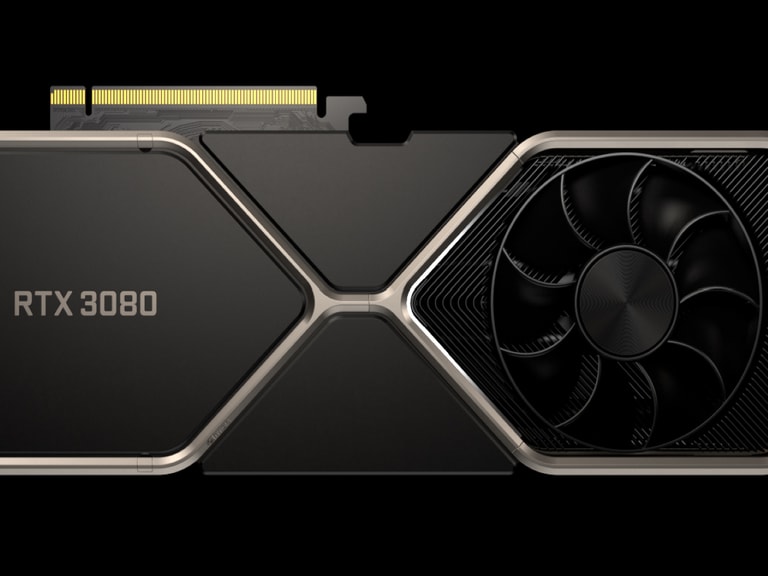We’ve seen an avalanche of earnings updates today, most of them greeted with positivity, helping to push European markets and the FTSE 100 to its second day of gains after a poor start to the week.
Europe
With the FTSE 250 already at record highs, the FTSE 100 has been very much the odd one out, and is currently well below the levels we saw over three years ago, when it was at the heady heights of 7,900. With private equity companies already sniffing around some of the more undervalued sectors of the UK economy, maybe some of today’s updates could raise optimism that there still remain a significant number of UK companies that may have further to go in terms of share price upside.
Lloyds Banking Group followed yesterday’s positive numbers from Barclays with a similarly positive H1 update, recording statutory pre-tax profits of £2bn, for Q2, elevating profits in H1 to £3.9bn, well above expectations, as well as announcing the acquisition of savings and pensions firm Embark Group for £390m. The bank also released another £333m from loan loss reserves, on top of the £323m in Q1 taking the total on H1 to £656m. the performance of the underlying business also saw improvements as net interest margin rose to 2.51%. In Q1 Lloyds said they expected NIM to be more than 245 basis points, up from 240 at the end of the previous quarter, so today’s upgrade to 250bps for the rest of the year is very welcome, although it’s still below last year’s 2.59%. On the customer side mortgages saw an increase of £7.5bn to £447.bn, for H1 while deposits also grew to £474.4bn, a rise of £23.7bn.
In terms of the wider economy the loan book structure saw declines over the quarter in SME and corporate lending, suggesting that while consumers appear to be spending again, businesses are a little bit more reluctant to open the purse strings. Hopefully that will change as infection rates fall further and the economy continues its reopening process. This is probably where government policy could well play a part, however that would need to assume the government has a clear plan in terms of business policy. Evidence seen thus far would appear to suggest it doesn’t. The bank also confirmed it would pay a 0.67p dividend, and though the bank saw a rise in costs the improvement seen in margins looks set to more than compensate as the bank upgraded its outlook for the year.
Royal Dutch Shellshares are higher after the company raised its dividend by almost 40%, as well as buying back $2bn of its own shares. There is no question the improvement in the oil price has helped boost Shells income numbers here, with adjusted net income rising to $5.53bn, however one has to question whether large shareholder payouts are the best use of funds when the energy giant, along with rest of the sector, has to get its emissions down by the end of the decade. BP, whose numbers are due next week is facing similar challenges, and while there has been some investment into infrastructure for charging points, as well as wind and solar, we will soon be running into a capacity ceiling. Quite simply UK grid capacity needs to be expanded hugely to cope with the extra strain the move to renewables will put on the power networks.
Anglo American has continued the theme of blockbuster mining updates this week, posting record profits of $10.1bn in H1, an 80%, driven largely by bumper revenues from its iron ore and platinum units. The company also announced it would be paying a dividend of $3.1bn as well as buying back $1bn of its shares.
AstraZeneca has seen total revenue in Q2 rise 25% to $8.22bn, driven by an increase in vaccine sales of $894m. The company upgraded its guidance to reflect the closing of its deal to buy Alexion which completed earlier this month.
BT Group shares have slipped sharply after its latest Q1 trading update, which showed that profits beat expectations for Q1, although revenues came in short, at just over £5bn, falling 3% instead of the expected 2%. Reported profit before tax fell 4% to £536m. This fell to £2m due to a one-off tax charge related to a change in UK corporation tax rates from 2023. The company is still looking at the sale of its BT Sport unit which while lucrative is still costing a lot of money and is probably not the first port of call when it comes to future capital expenditure. The shares are under pressure after Virgin Media announced it was looking to accelerate its own fibre rollout plan, raising concerns over future margin pressure as BT accelerates its own £15bn plan to do the same thing. BT reiterated its own full year guidance of £7.5bn to £7.7bn EBITDA.
US
The rebound in Asia markets has rippled out into the US with a higher open, after those reports that Chinese regulators told banks and brokerages that Chinese firms would be allowed to list in the US if they met listing requirements. This has seen the likes of TAL Education and New Oriental Education initially rebound; however, they soon gave up those gains. Didi Global also rebounded on chatter that it might take itself private, although the company later denied that, with the shares drifting back from their highs.
The latest US economic data was a little disappointing to say the least as US Q2 GDP rose 6.5%, well below expectations of 8.5%, although personal consumption was much better than forecast, coming in at 11.8%, well above 10.5%. Weekly jobless claims also came in higher than expected, at 400k, down from last weeks surprise increase to 424k, while continuing claims surprisingly rose to 3.27m
It’s also the first day of trading for Robinhood Markets as the company prices at the bottom end of its range at $38 a share, raising $2.1bn in the process, valuing the company at $32bn give or take. The lower price appears to suggest that there was some reluctance on the part of some investors to get involved too early. This kick the tyres approach appears to suggest some caution in the wake of the initial enthusiasm around Coinbase Global direct listing which saw the shares surge before sliding back.
Facebook shares have also slid despite beating estimates on Q2 revenues. A rise of 56% to just over $29bn, also saw profits beat forecasts, coming in at $3.61 a share, however the company warned that it was likely to face “ad targeting headwinds in 2021 from regulatory and platform changes”. Part of the reason may well be because of the recent changes Apple made to its iOS operating system, which gives users the ability to better control the access Facebooks tracking apps have over their online activity. A change that is and was long overdue. This weighed on the shares after hours, however investors shouldn’t be too despondent given that we saw record highs in yesterday’s session.
Ford shares have shot higher after the company posted a surprise profit in Q2 and raising its forecasts for the year to a range of between $9bn and $10bn, a 50% increase on its previous prediction. This was due to higher list prices because of shortages in the used and new car markets.
FX
The US dollar has that sinking feeling today in the wake of last nights Fed rate decision hitting a one month low against the euro, after Fed Chairman Powell said rate increases were “a ways away” from becoming a reality. This appears to place a high bar to those calling for rate hikes as soon as next year, with today’s disappointing jobless claims numbers helping to reinforce that narrative.
A slightly calmer feel to financial markets has also weighed on the US dollar as investors move out of the currency into riskier assets.
The pound has continued to rally against the euro, while hitting a one month high against the US dollar as UK infection rates decline further, closing in on the 1.4000 level for the first time since 23 June. Mortgage lending surged to a record £18bn in June as consumers rushed to take advantage of the paring back of the stamp duty holiday.
Commodities
We’ve seen a strong rebound in the gold price in the wake of last nights Fed meeting. While the Federal Reserve removed the word “substantial” from the statement, their follow up statement that remain “a ways away” from progress toward maximum employment, the US dollar slipped back across the board.
A decline in US inventories to their lowest levels since the beginning of 2020 has seen crude oil prices on the Brent contract rise above $75 a barrel for the first time in two weeks. The US economy looks to still be on track; however, today’s disappointing Q2 GDP numbers may temper some of the upside.






